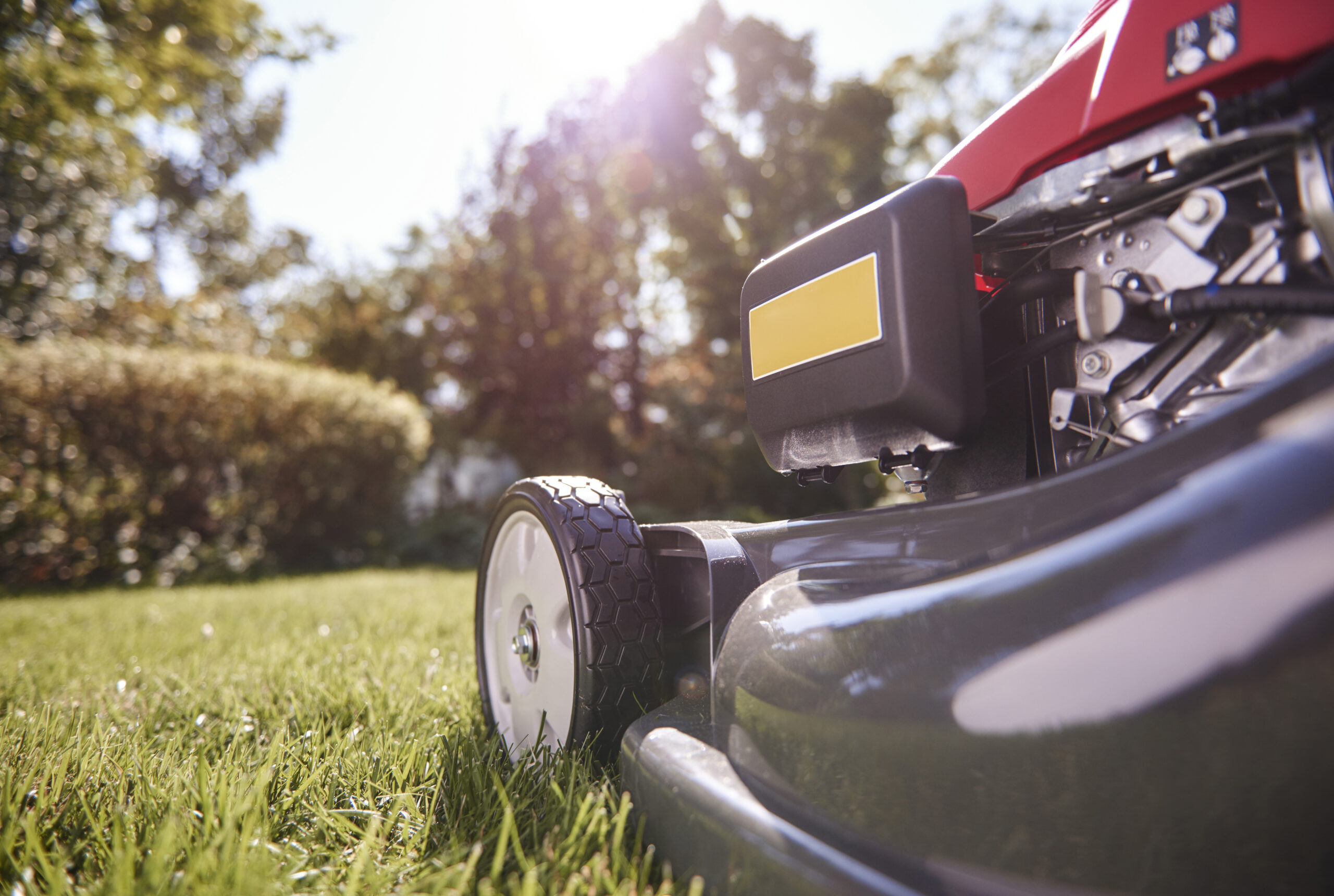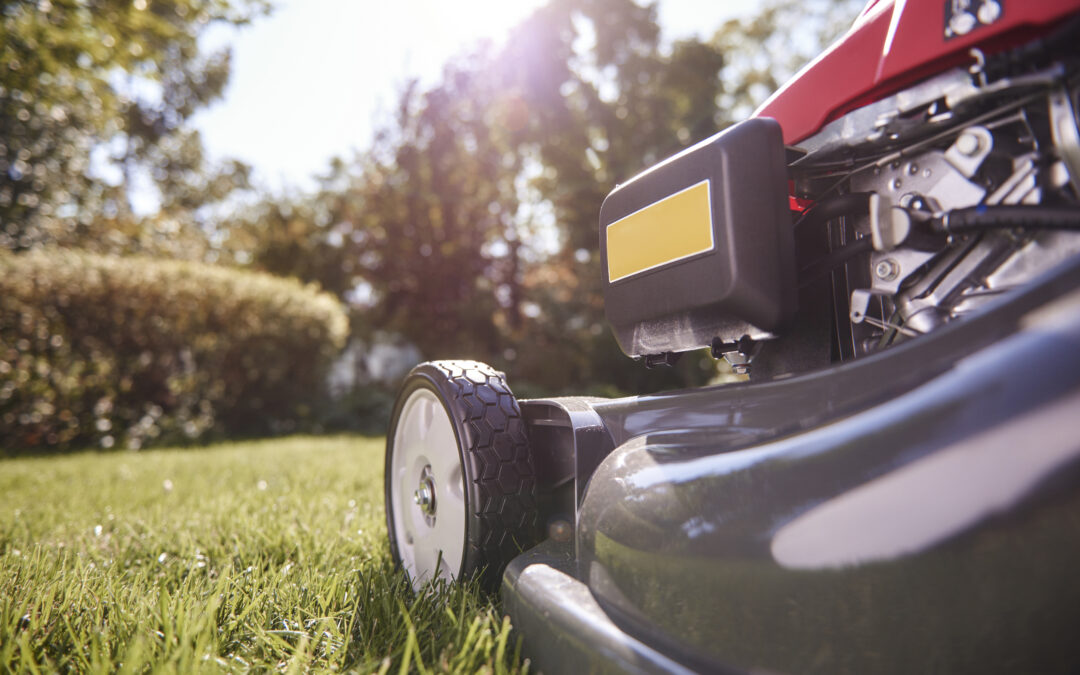Organic gardening is a fulfilling hobby that can provide you with fresh, healthy produce and the satisfaction of growing your own food. In this blog post, we will explore the basics of organic gardening, including the benefits of growing your own food, choosing the right plants and seeds for your garden, preparing your soil for planting, keeping pests away from your garden, harvesting and preserving your homegrown produce.
Introduction to Organic Gardening
Organic gardening involves growing crops without using synthetic fertilizers or pesticides. Instead, it relies on natural methods such as composting, crop rotation, and companion planting to maintain soil fertility and control pests. By following these practices, you can grow healthy, nutritious fruits and vegetables while also protecting the environment.
The Benefits of Growing Your Own Food
There are many reasons why people choose to grow their own food. For one, it allows them to have more control over what they eat by providing access to fresh, locally grown produce. It also helps reduce the carbon footprint associated with transportation and storage of grocery store produce. Additionally, growing your own food can be a cost-effective way to feed yourself and your family.
Choosing the Right Plants and Seeds for Your Garden
When selecting plants and seeds for your garden, consider which ones are best suited for your region’s climate and growing season. You may want to start with easy-to-grow crops like tomatoes, lettuce, and radishes before moving onto more challenging varieties. It’s also important to choose heirloom seeds or open-pollinated seeds if you plan to save seed from year to year.
Preparing Your Soil for Planting
Good soil is essential for healthy plant growth. To prepare your soil for planting, begin by removing any debris or weeds from the area. Next, add compost and other organic matter to enrich the soil and improve drainage. You may also want to use cover crops or mulch to help retain moisture and suppress weed growth.

Tips for Keeping Pests Away from Your Garden
One of the biggest challenges facing organic gardeners is controlling pests without resorting to chemical pesticides. One effective strategy is to attract beneficial insects to your garden, such as ladybugs and lacewings, which prey on common garden pests like aphids and mites. You can also use physical barriers like row covers or collars to prevent damage from slugs and snails.
Harvesting and Preserving Your Homegrown Produce
Once your crops are ready to harvest, make sure to pick them at peak ripeness to ensure optimal flavor and nutrition. Depending on the type of crop, you may want to blanch or freeze your excess produce to extend its shelf life. Canning and fermenting are also popular ways to preserve your harvest for later use.
In conclusion, organic gardening offers numerous benefits, from fresh, local produce to reduced environmental impact. With careful planning and attention to detail, anyone can enjoy the joy of growing their own food.





